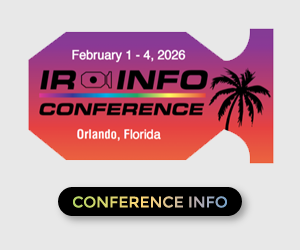Preventing Carbon Monoxide Poisoning
Sponsored by:

Preventing Carbon Monoxide Poisoning
Tip written by: Infraspection Institute
Carbon monoxide (CO) is an odorless, colorless, and tasteless gas that can be deadly. Knowing the symptoms of CO poisoning and how to prevent it can save your life or the lives of those around you.
Carbon monoxide (CO) is a toxic gas which interferes with the oxygen-carrying capacity of blood. Small amounts of CO are in the air whenever fuel is burned. These amounts are usually not harmful. However, if fuel-burning equipment or appliances aren’t working properly or are misused, too much CO can build up in the air and cause CO poisoning.
Symptoms of CO Exposure
- Headaches, dizziness, and drowsiness
- Nausea, vomiting, and tightness across the chest
CO is non-irritating and can overcome persons without warning. Symptoms can occur immediately or gradually after long-term exposure. Severe carbon monoxide poisoning causes neurological damage, illness, coma, and death.
Preventing CO Exposure
- Don’t leave vehicles or other diesel or gasoline powered engines running in a garage
- Never use a generator indoors or in enclosed or partially enclosed spaces such as garages, crawl spaces, and basements
- Make sure all fuel-burning equipment and appliances are maintained and operated properly. Such equipment includes fireplaces, furnaces, water heaters, stoves, space heaters, and clothes dryers.
- Install carbon monoxide detectors in every area of your house or business making certain to check the batteries regularly
If you think high levels of CO are in your home or business, move outdoors! Should a person become unconscious, immediately move them to fresh air and call 911.
For more information on workplace safety, visit the Occupational Safety and Health Administration website at www.osha.gov.
Advertisement

